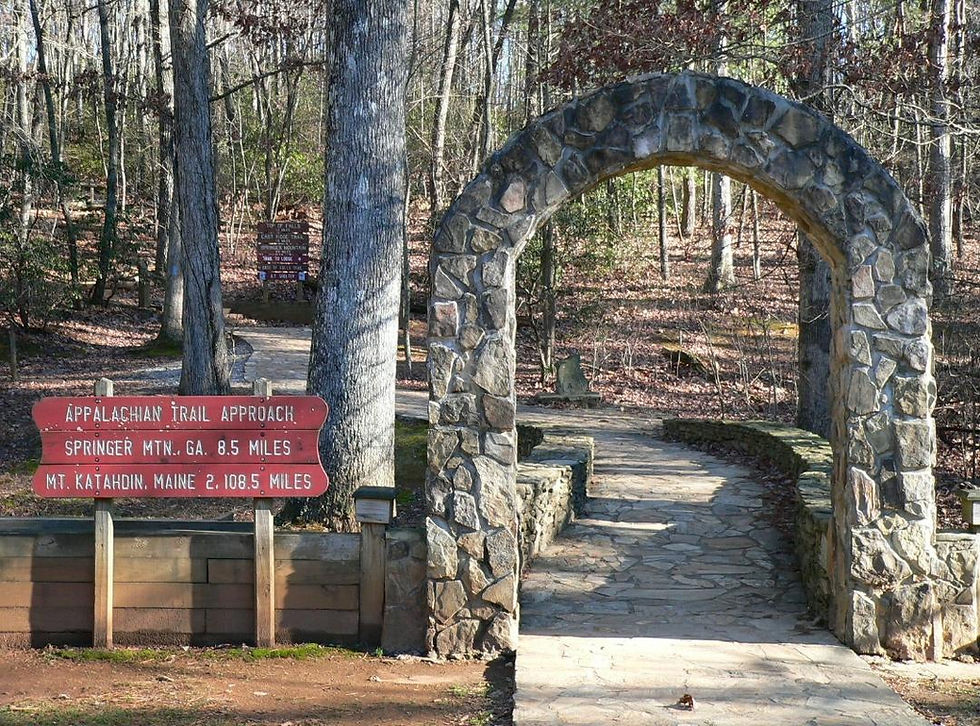
"Beyond the Misconceptions: The True Nature of Black Bears on the Appalachian Trail"
- Bob Nutting
- Mar 14, 2023
- 2 min read
Updated: Mar 22, 2023
Black bears are a common sight on the Appalachian. While most encounters with these creatures are peaceful and uneventful, it is important for hikers to be prepared and know how to handle any potential encounters with bears. Let’s discuss what to do when encountering black bears on the Appalachian Trail, how to handle any deaths by bears on the trail in its history, and the approximate amount of hikers that visit the most popular areas where these creatures are found.
Encountering Black Bears on the Appalachian Trail
Black bears are typically shy and non-aggressive creatures. They will generally avoid contact with humans if given the opportunity. However, if a hiker does happen to encounter a black bear on the trail, it is important to know how to react.
First and foremost, hikers should never approach a black bear. If a bear is encountered, it is best to remain calm and slowly back away. Hikers should never run or make sudden movements, as this can startle the bear and trigger an attack. It is also important to make noise, such as talking or clapping, to alert the bear to your presence and avoid surprising them.
If a bear does approach or show aggression, hikers should try to make themselves look larger by standing on their tiptoes or waving their arms. They can also make noise by shouting or banging pots and pans together to scare the bear away. In the event of an attack, hikers should fight back with any object available, such as rocks, sticks, or bear spray.
Deaths by Bears on the Trail
While rare,
there have been only a few documented cases of fatal black bear attacks on the Appalachian Trail in the past several decades. The exact number is difficult to determine, as statistics on bear attacks are not always comprehensive or up-to-date. However, it is important to note that the risk of a fatal bear attack on the Appalachian Trail is extremely low. The vast majority of encounters between humans and black bears result in no harm to either party, as bears are typically more afraid of humans than humans are of them.


Comments